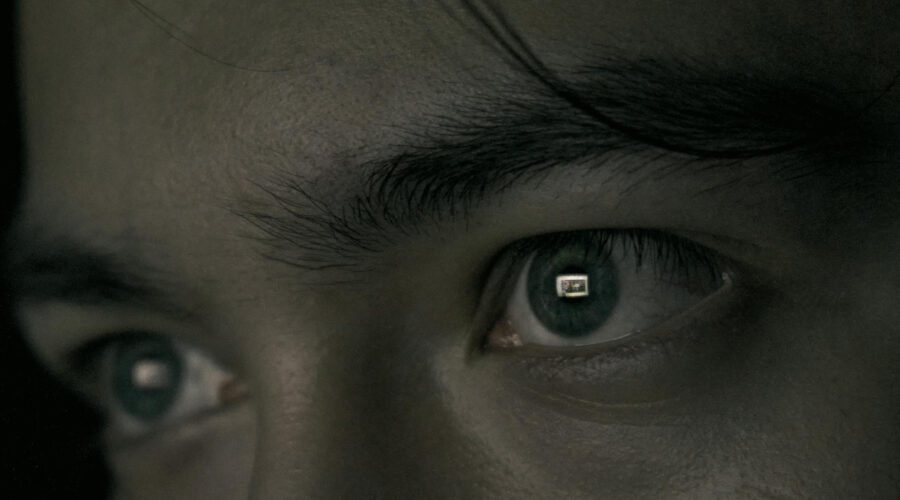War is always popping off around the globe. In dealing with Russia’s full-scale invasion of my native country, I try to remember that countless generations have dealt with war. Countless more likely will.
Still, the immediacy of atrocity footage, which spreads like wildfire on social media, is a relatively new phenomenon.
For months now, I’ve been telling people to avoid atrocity footage, or simply footage of violence, or similar content, as much as possible. Even when required to do so by work, we are supposed to take precautions, take breaks, understand our triggers, avoid content that’s too personal/close to the heart as much as possible, and understand the way that secondary trauma can create a lasting, negative impact.
People don’t listen.
This alone doesn’t surprise me — at this point in my life, my entire career feels like one giant “I told you so.”
What does surprise me is the angry self-righteousness of the unprepared consumers of violent footage. They feel as if they are genuinely changing the world for the better if they simply sit there, cooking their brains. They feel as though they are accomplishing something, and if you tell them to be careful, they often lash out.
I can link any number of articles on the dangers of constantly watching horrific real-life violence. You can look that stuff up on your own, however. At this point in my life, having chosen the work I have, I find even thorough examinations of secondary trauma to be, well, traumatizing. One of the ways in which I’m able to do open source investigations that frequently focus on this type of content is thorough compartmentalization and professional distance. If I dwell too much on the reality of what I’m doing, I find myself unable to do it. I also take long breaks, and I am currently in the middle of one.
What interests me instead is the way in which atrocity footage inspires an almost religious type of fervor in people who insist on watching it repeatedly, without limits. They think that by making themselves suffer in this fashion, they can help alleviate another human being’s suffering, or alleviate the suffering of the world. It reminds me of people who lash themselves. I think of it as a kind of brain lashing.
Look, you’re not saving Ukrainians when you damage your mind. You’re not saving Israelis and Palestinians. You’re not saving Syrians. You’re not saving anyone who is currently suffering. You need to take goddamn breaks. You need to reassess.
Something I never get tired of saying is this: you’re no fucking good to anyone if you’re unwell. It’s the oxygen mask principle — put your own damn mask on before you try to help others. Stop trying to be a martyr. Start trying to be strategic in how you approach trauma, secondary and otherwise. Trauma is our constant companion. Maximizing it does not make you noble, and it does not help you help others.
“But we must constantly bear witness…” Shut up. Get your head together, while you still have a head left.
If I sound like an angry parent, it’s because I am one. Being a parent makes you extra protective, and it’s not always a bad thing. I know what violence does — both when it happens to you personally, and when it’s an orgy of blood and screams on the screen. I have no patience for stupidity. Stupidity is dangerous.
Take care of yourself. Take care of others. Learn to put your phone down. Put one foot in front of the other and go the fuck outside. Practice square breathing. Watch a comedy. Do some exercise.
Being useful is a marathon for most of us — and not a sprint.
Love,
Mom.
Image: Ruslan Alekso

